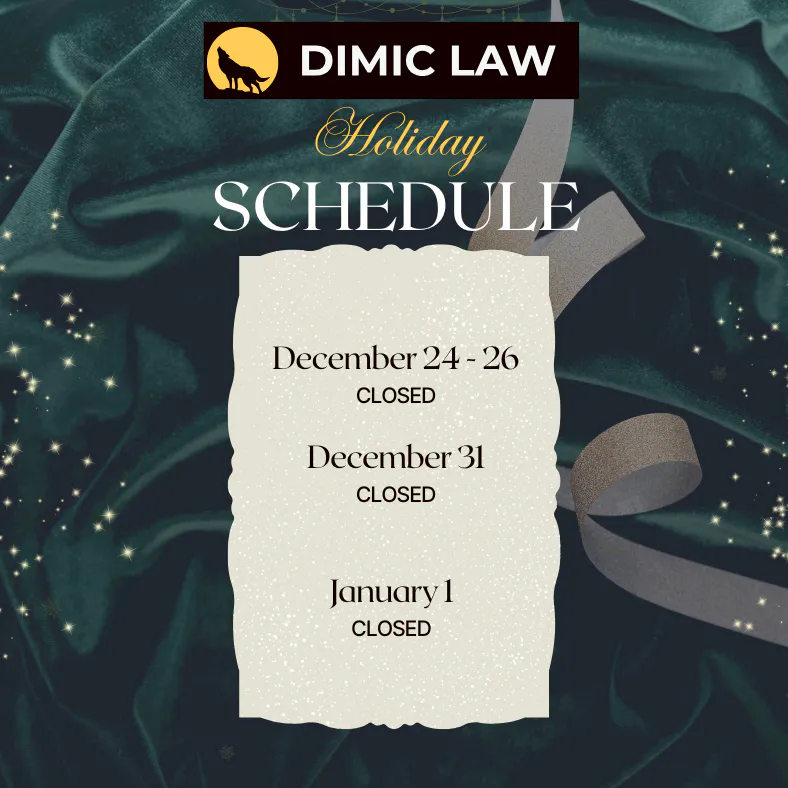
Notary And Commissioner Services
We provide Notary Public services and Commissioner for Oaths Services.
As a Notary Public, we can:
- administer oaths or take affidavits, affirmations or declarations
- attest the oaths, affidavits, affirmations or declarations
- certify and attest a true copy of a document
- witness or certify and attest the execution of a document
A Commissioner for Oaths can’t act as a Notary Public. However, a Notary Public can act as a Commissioner for Oaths.
Commissioners for oaths can:
- administer oaths.
- take and receive affidavits, affirmations or declarations.
- attest the oaths, affidavits, affirmations or declarations.
The main difference between the two is that a notarized document can be utilized outside of the Province, while a commissioned document cannot. Also, only a notary can make a certified true copy of a document, attest an oath or certify the execution of a document.
Let us ensure that your documents are properly notarized or commissioned.
If you require notarization or commissioner for oaths services, please contact one of our team members today.
DIMIC LAW is here to PROTECT WHAT MATTERS MOST.
Legal Problem? Better Call Dimic
A Notary Public is an officer authorized by the law to validate documents and statements, but especially, they witness the signing of documents, oaths and statements. This ensures that the contents of the documents are truthful and useful to the parts of a non-contentious matter. This practice is regulated by the Notaries and Commissioners Act and the Notaries Public Regulation, which also includes a code of conduct to be followed by the Notary Public.
No. A person working as a Notary Public and that is not a lawyer can’t provide legal services at the same time. However, a lawyer can be certified as a notary public and provide both services to clients. It is essential to check the professional background of the Notaries you wish to contact in order to be better informed of what they can or can’t assist you with.
Lawyers, judges, students-at-law and political representatives are all Notaries automatically due to the nature of their profession. Still, any Canadian citizen or resident can apply to be a Notary as well.
You will need a Notary whenever you find yourself in a situation that requires a document to be validated by a third, authorized party. That is if you need to sign a business contract or a deed, give declarations or oaths, request a notarial copy of a document, etc. Any legal or binding document you need to be certified of its truthfulness or that you want to protect from fraud would go through a Notary.
Both titles are very similar, however, the main difference is that a Commissioner of Oaths can only work in their province or territory, while a Notary Public can provide services across the country or internationally. The same happens with the documents they validate: an affidavit taken by a Commissioner of Oaths is only valid in Alberta, while one taken by a Notary Public can be used anywhere.
Generally, a Notary Public can provide a broader range of services than a Commissioner of Oaths due to the nature of their certification. For example, a Notary can provide notarial copies of documents, write contracts, sign wills, etc, while a Commissioner can only administer oaths, and take affidavits, statutory declarations and affirmations.
Depending on who you choose to hire to assist you, some appointments can be done online by a virtual meeting or by the Notary themself, such as providing copies of documents, but for matters that require your signature, you must go in person. The need for a presential meeting comes from the fact that the Notary must watch you sign the documents of your own will, without interference from others. The Notary will also need to check an original piece of ID, which can’t be done online.
A Notary can refuse you their services if they suspect irregularities—and this is another reason why some matters can be only finished in person. If the Notary thinks you are under influence of malicious third parties taking advantage of you, or if you are not in the best of your mental capacities to sign documents or provide statements, they may refuse to validate anything. They may also refuse services if they suspect that your documents or statements are fraudulent.
An Affidavit is a statement that someone provides, in written form, to express their knowledge of facts regarding a legal matter. Those declarations can only be taken by authorized officers such as a Notary Public, and are often used as evidence in courts.
Oaths are solemn declarations used to bind someone’s conscience to their statements. That is, they serve the purpose of confirming that the affidavits that were taken previously or that the declarations that someone is about to give in court are true.
Statutory Declarations have their own form and are similar to Oaths in their legal uses, but are used in situations where the law does not allow affidavits.
No. When you notarize a document, you are merely binding its contents to you and other parties involved. It also does not prove that the documents are, in their nature, true, since they could be fraudulent. To give a document a legal status, you would need to present it to the appropriate offices of justice to be recognised, such as a judge in a court.
Any alterations to a document that has been notarized must undergo the process again. When a Notary Public checks a document, they can only certify the version that was presented to them, and so any modifications made after the fact will not be valid to governmental offices. It is also important to notice that, if alterations are made to a contract and the final document is not notarized again, only the older version can be considered to be valid.

